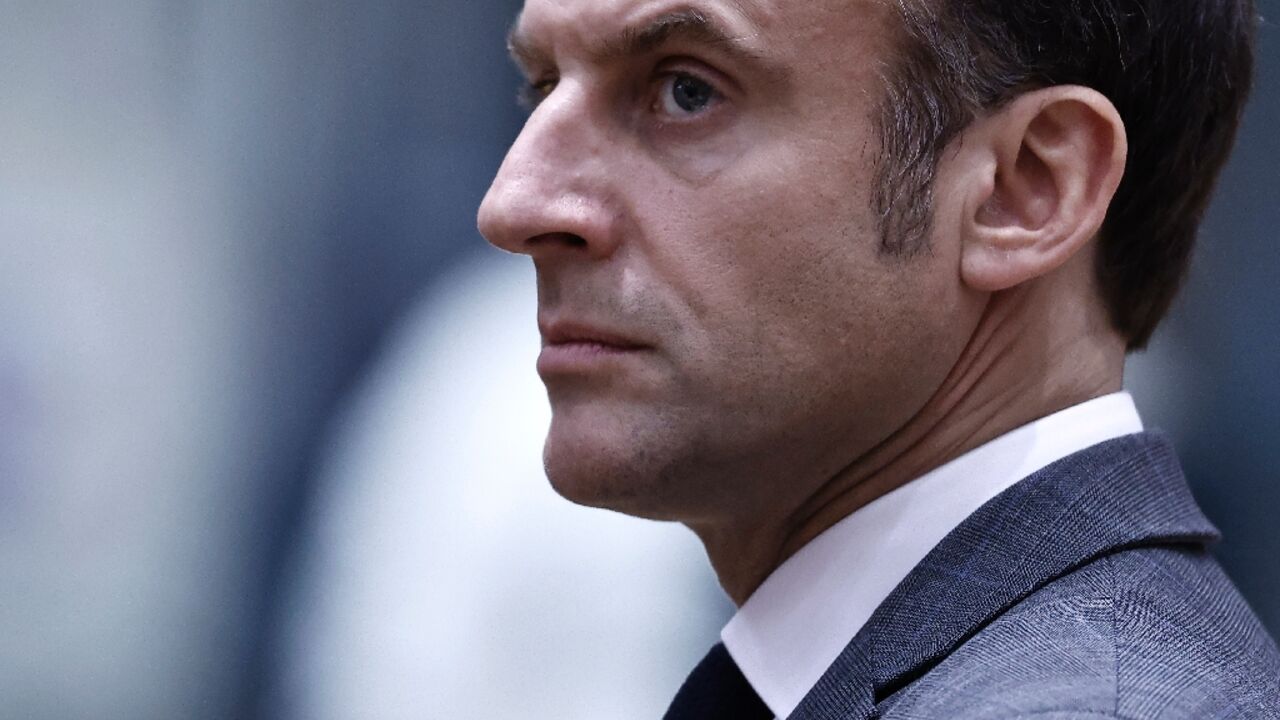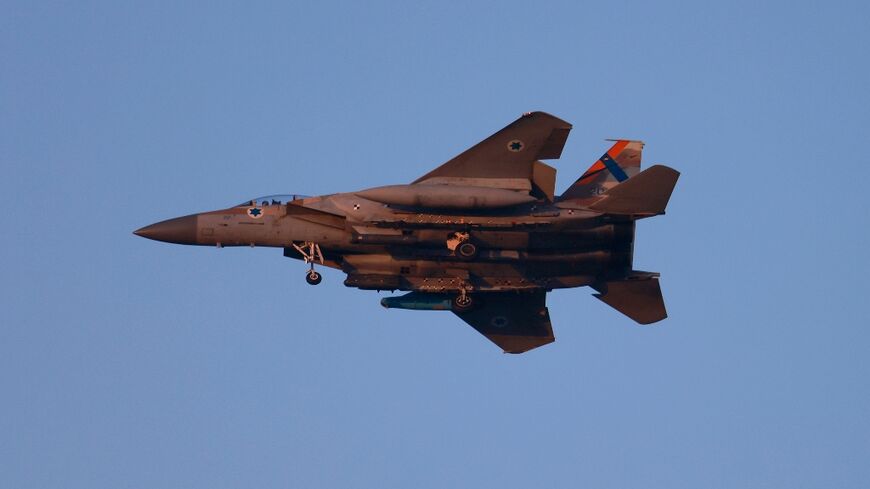Macron says will do everything to avoid Middle East escalation

President Emmanuel Macron said Monday that France would help do everything to avoid an escalation in the Middle East after an unprecedented Iranian missile and drone attack on Israel.
Iran launched its first-ever direct assault on Israeli territory late Saturday in retaliation for a deadly April 1 air strike on Tehran's consulate building in Syria's capital Damascus that was widely blamed on Israel.
"We will do everything to avoid a conflagration -- that is to say an escalation," Macron told the BFMTV news channel.
That would involve "trying to convince Israel not to respond by escalating," he said.
The focus should be on "isolating Iran, convincing countries in the region that Iran is a danger, increasing sanctions, reinforcing pressure over nuclear activities" in Iran, he added.
"We need to be by Israel's side to ensure its protection to the maximum, but also to call for a limit to avoid an escalation," Macron said.
The French president also said French jets helped repel an Iranian violation of Jordan's air space during the attack.
"For several years now we have had an air base in Jordan to fight terrorism," he said.
"Jordanian airspace was violated... We made our planes take off and we intercepted what we had to intercept."
French Foreign Minister Stephane Sejourne on Sunday said he had asked the foreign ministry to summon the Iranian ambassador on Monday to express a "message of firmness".
- 'Sanctions' -
Israel has said Iran launched "over 350 threats, ballistic missiles, cruise missiles, rockets and suicide drones" during the unprecedented onslaught.
Nearly all the missiles and drones were intercepted by Israel and others, including the United States, Britain and France.
US forces destroyed "more than 80 one-way attack uncrewed aerial vehicles (OWA UAV) and at least six ballistic missiles intended to strike Israel from Iran and Yemen," US Central Command said.
Israel's ambassador to the United Nations on Sunday urged the Security Council to designate the Revolutionary Guards, the Islamic Republic's ideological army, as a "terrorist" organisation and to "impose all possible sanctions on Iran before it's too late."
Iran's envoy to the UN said Tehran had "no choice" but to respond to the April 1 attack in Damascus, which killed seven Iranian Revolutionary Guards including two senior generals.
He said his country did "not seek escalation or war," but would respond to any "threat or aggression".
Hostilities between Israel and Iran's regional allies have flared since the outbreak of the latest war in Gaza.
Palestinian militant group Hamas on October 7 attacked Israel, leading to the deaths of 1,170 people, mostly civilians, according to Israeli figures.
Israel's retaliatory offensive has killed at least 33,797 people in Gaza, mostly women and children, according to the territory's Hamas-run health ministry.




